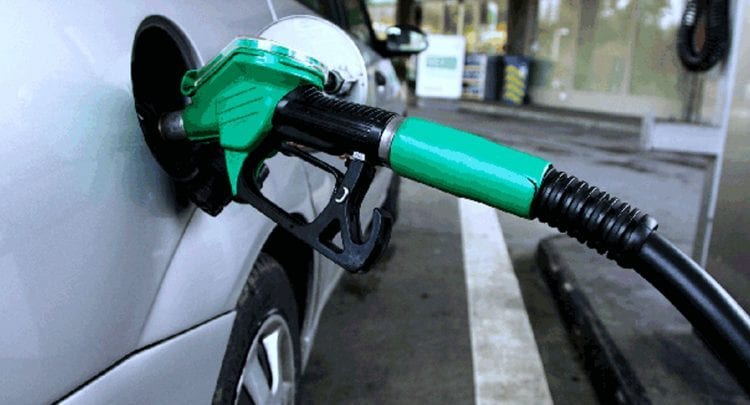
Amidst the current increase in fuel price due to the subsidy removal by President Bola Tinubu, there are indications that Nigerians are likely to pay more for petrol prices due to voluntary output cuts by major oil producers, Saudi Arabia and Russia.
Saudi Arabia, the second-largest oil producer, has successfully reduced production, announcing plans to cut another million barrels per day from September, similar to their actions in July.
The kingdom has also reduced oil exports by 1 million barrels daily to support higher oil prices.
These measures are aligned with their Vision 2030 plan to diversify the economy, reduce oil dependence, and create job opportunities.
Russia, the third-largest oil producer, contributed to the surge in oil prices by cutting oil production in August.
Since the end of petrol subsidies on May 29, Nigeria’s fuel consumption has declined considerably and monthly gasoline imports in West Africa increased by 56% in the second quarter of 2023.
However, Nigeria’s fuel challenges are aggravated by the delays in the Dangote refinery and the non-functioning state-owned refineries, forcing the country to rely heavily on expensive imports despite being a significant oil and gas producer in Africa.
Analysts, however, anticipated further price increases due to growing oil demand in the upcoming months.
Politics Nigeria recalls that petroleum pump prices rose to N617 per litre at Nigerian National Petroleum Company outlets in Abuja and other parts of the country.
The hike immediately triggered an increase in transportation fares and prices of goods and services.
